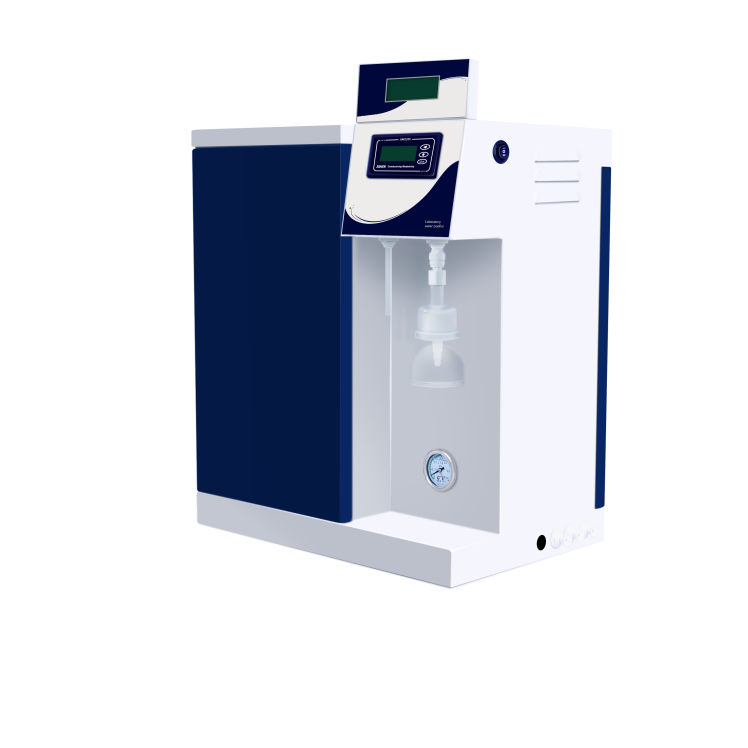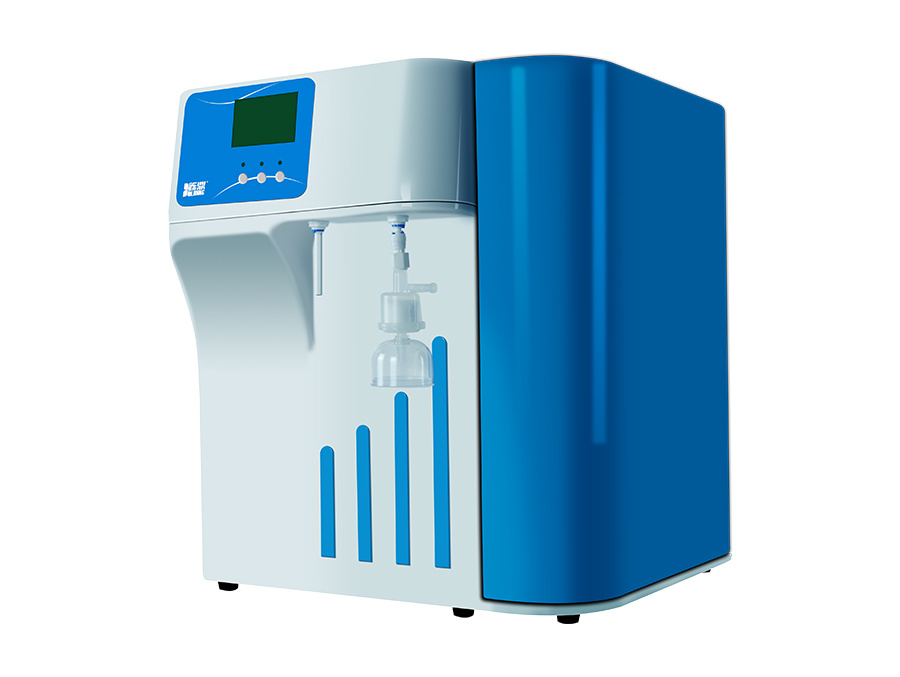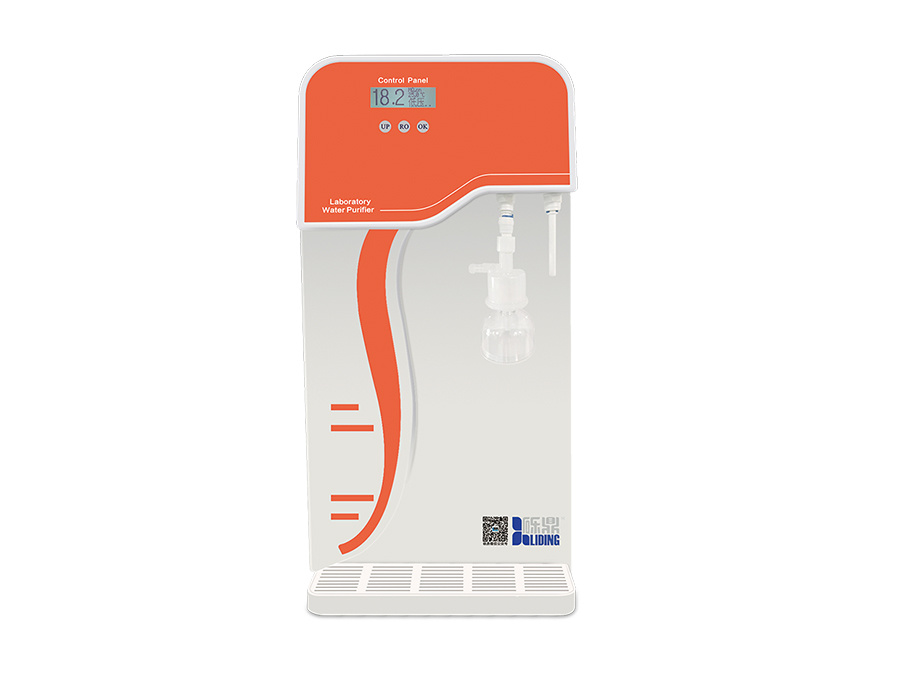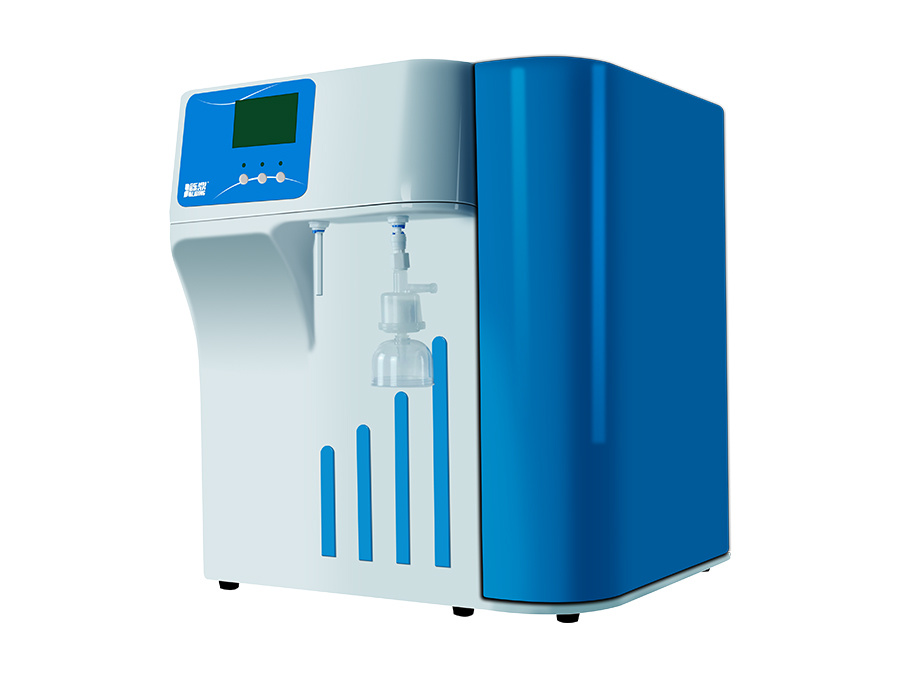Understanding Deionized Water: Key Insights for Industrial Applications
Time:
May 01,2025
Deionized water, often referred to as DI water, is an essential component in various industrial processes, particularly in the realm of water treatment and high-purity water production. The primary characteristic of deionized water is its lack of dissolved ionic substances, which are removed through a process that typically employs ion exchange resins. This results in water that is significantly purer than standard tap or potable water, making it ideal for applications that demand high levels of purity.
One of the critical aspects of deionized water is its role in preventing contamination in sensitive processes. For instance, in industries such as pharmaceuticals, electronics, and laboratories, the presence of ions can adversely affect production processes and the quality of the final product. By utilizing deionized water, manufacturers can minimize the risk of ionic contamination, ensuring that their processes remain as sterile and precise as possible.
Moreover, deionized water is particularly advantageous in cooling systems. Many industrial processes generate heat that needs to be dissipated effectively to maintain operational efficiency. Utilizing deionized water in cooling towers and heat exchangers can enhance heat transfer capabilities, thereby optimizing performance and reducing energy consumption. The absence of minerals in deionized water prevents scaling and corrosion, extending the lifespan of equipment and reducing maintenance costs.
In the context of high-purity water production, deionized water serves as a foundational element. It is often used as a precursor in the creation of ultra-pure water, which is necessary for applications such as semiconductor manufacturing and certain analytical processes. The rigorous standards required for ultra-pure water necessitate that deionized water undergo additional purification steps, such as reverse osmosis and UV treatment, to achieve the desired quality.
However, it is essential to recognize the limitations of deionized water. While it is excellent for many applications, it may not be suitable for all uses, particularly where minerals are required for process efficacy. Additionally, deionized water can be aggressive towards certain materials, leading to potential issues if not properly managed.
In conclusion, understanding the properties and applications of deionized water is crucial for professionals involved in water treatment and high-purity water production. Its unique qualities make it a preferred choice for ensuring the integrity of various industrial processes. By leveraging deionized water effectively, industries can enhance their efficiency, product quality, and operational longevity, underscoring its vital role in modern manufacturing and research environments.
One of the critical aspects of deionized water is its role in preventing contamination in sensitive processes. For instance, in industries such as pharmaceuticals, electronics, and laboratories, the presence of ions can adversely affect production processes and the quality of the final product. By utilizing deionized water, manufacturers can minimize the risk of ionic contamination, ensuring that their processes remain as sterile and precise as possible.
Moreover, deionized water is particularly advantageous in cooling systems. Many industrial processes generate heat that needs to be dissipated effectively to maintain operational efficiency. Utilizing deionized water in cooling towers and heat exchangers can enhance heat transfer capabilities, thereby optimizing performance and reducing energy consumption. The absence of minerals in deionized water prevents scaling and corrosion, extending the lifespan of equipment and reducing maintenance costs.
In the context of high-purity water production, deionized water serves as a foundational element. It is often used as a precursor in the creation of ultra-pure water, which is necessary for applications such as semiconductor manufacturing and certain analytical processes. The rigorous standards required for ultra-pure water necessitate that deionized water undergo additional purification steps, such as reverse osmosis and UV treatment, to achieve the desired quality.
However, it is essential to recognize the limitations of deionized water. While it is excellent for many applications, it may not be suitable for all uses, particularly where minerals are required for process efficacy. Additionally, deionized water can be aggressive towards certain materials, leading to potential issues if not properly managed.
In conclusion, understanding the properties and applications of deionized water is crucial for professionals involved in water treatment and high-purity water production. Its unique qualities make it a preferred choice for ensuring the integrity of various industrial processes. By leveraging deionized water effectively, industries can enhance their efficiency, product quality, and operational longevity, underscoring its vital role in modern manufacturing and research environments.
RELATED NEWS








